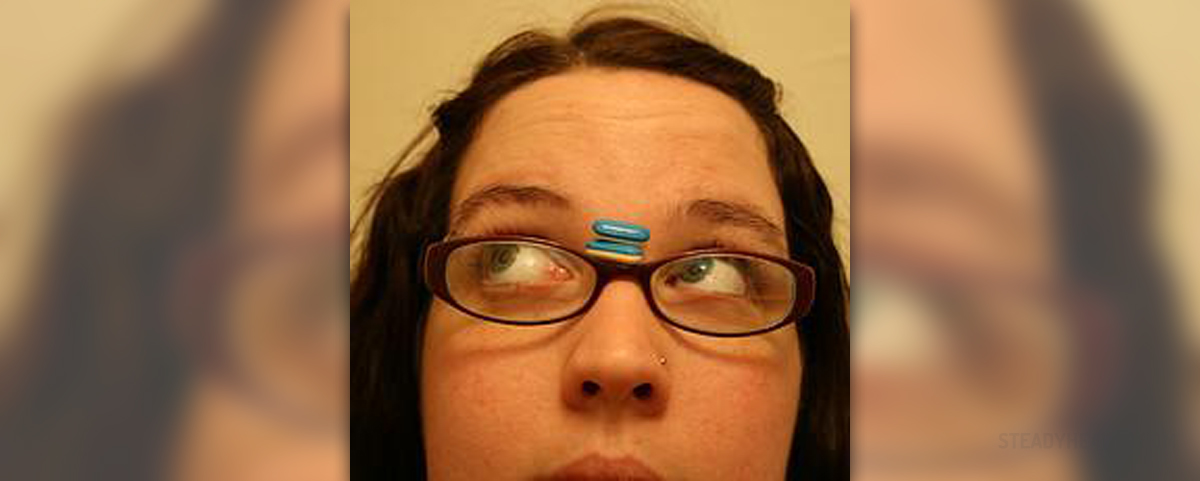
Epilepsy is a brain function disorder that is characterized by seizures and fits. The condition is also associated with altered states of consciousness, jerking movements, and inappropriate behavior. It is known that risk of epilepsy onset increases if their is a family history of the condition. Other factors that can lead to the development of epilepsy includes a lack of oxygen during pregnancy, severe head injury, stroke or brain tumor, and infections such as meningitis or poisoning. Temporal lobe epilepsy occurs when abnormal electrical discharges arise in the brain’s temporal lobe.
Temporal lobe epilepsy
As mentioned earlier, temporal lobe epilepsy is a type of epilepsy which affects the electrical discharges in the temporal lobe. Effects of the condition will vary depending on which brain functions are affected while the seizures are occurring. Some recognizable features of epilepsy are chewing movements and smacking of the lips. Other potential indicators of epilepsy are complex partial seizures, during which the patient might stare or perform automatic purposeless movements. One might also see an epilepsy sufferer uttering unintelligible sounds. It might happen that the sufferer refuses or resists assistance. Those who suffer from seizures might also experience confusion after the seizure has ended.
Those who suffer from the condition will be more likely to be at risk of depressive psychotic illnesses. Bipolar disorder, known in the past as manic depression, is one such problem that might occur as a result of epilepsy. With this condition, the patient will experience rapid changes of mood, ranging from periods of depressive moodiness to periods of high activity. The patient will experience varying degrees of excitability, from hypomania to full blown manic psychosis. Those with the condition might exhibit exaggerated confidence, impulsive activity, excessive spending, and extravagant dressing.
Some patients might experience auditory or visual hallucinations, or might suffer from a lack of sleep. In severe cases, the condition can be a mental health emergency. In this event, inpatient care might be required. In the depressive phase of the condition, the patient will become withdrawn, and might feel guilty or worthless. Patients might also experience a loss of libido or a lack of sleep.
Bipolar disorder can lead to a variation in the length it takes for mood swings to completely manifest. The most common form of treatment involves lithium. Carbamazepine is also useful in the treatment of the condition. Around two thirds of those treated with lithium respond positively to the medication.



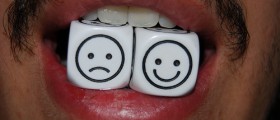




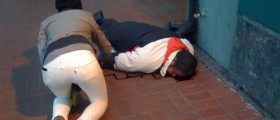
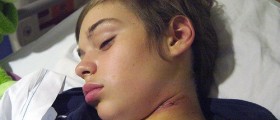

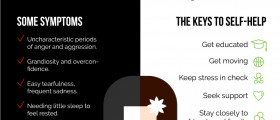


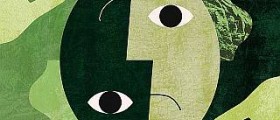

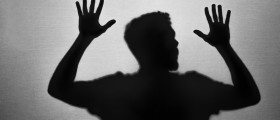
Your thoughts on this
Loading...